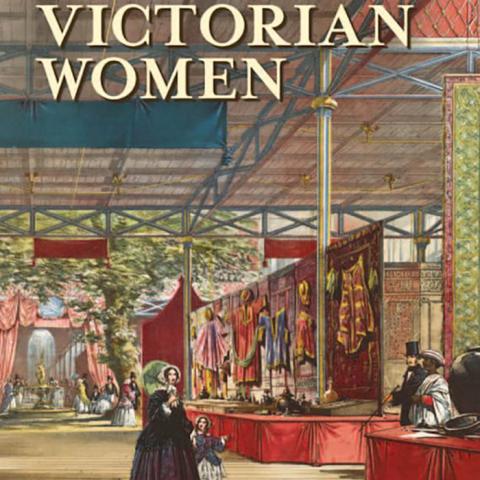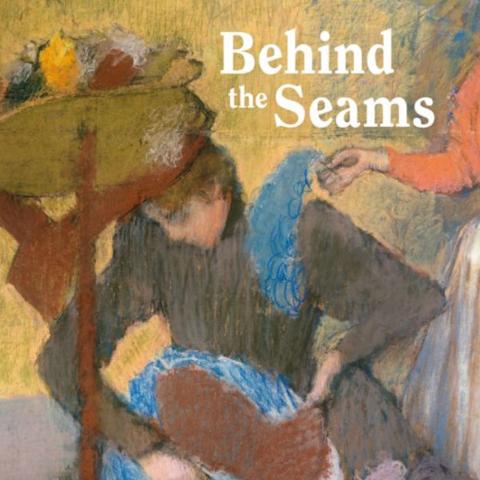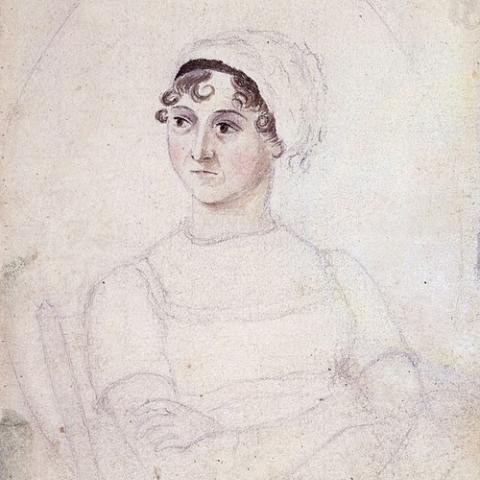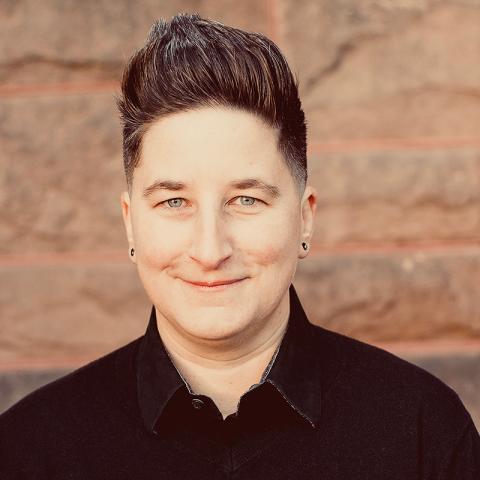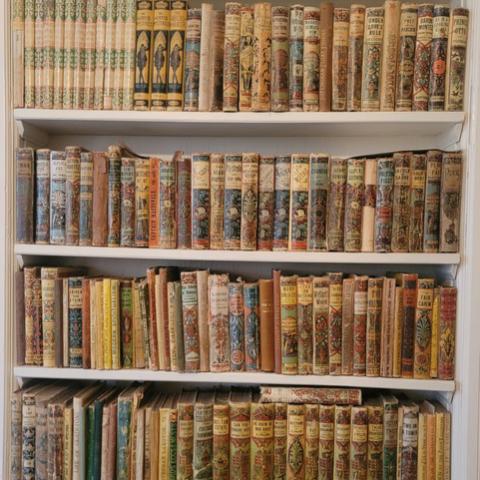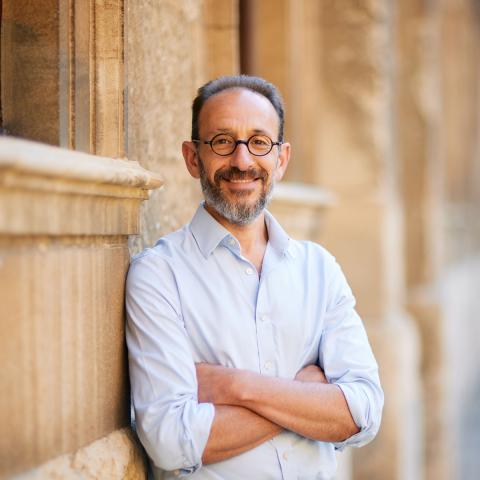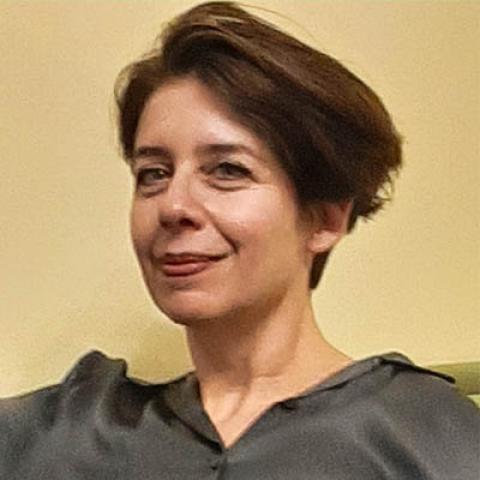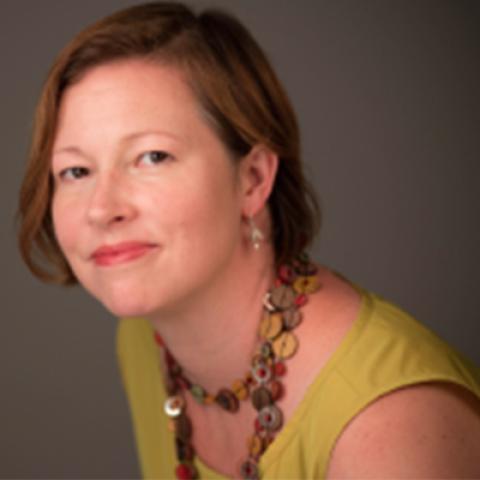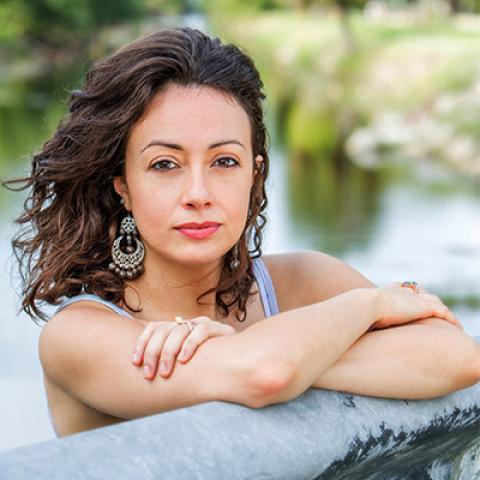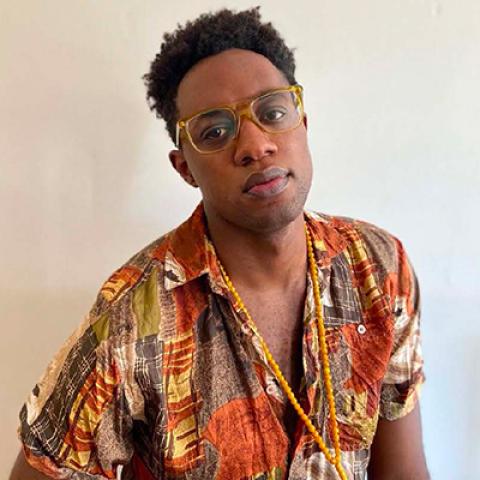Global Nineteenth-Century Studies
The Program in Global Nineteenth-Century Studies is designed to enable students to combine courses offered in several departments/programs with independent work to explore the long nineteenth century, from the beginnings of the American Revolution to the First World War, and to consider the transformative impact of the period through a multidisciplinary lens.
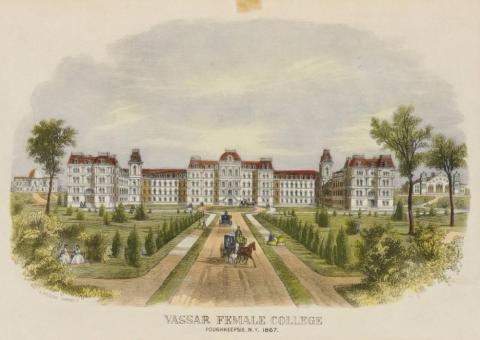
Photo credit: The Frances Lehman Loeb Art Center
The Program in Global Nineteenth-Century Studies offers students a multidisciplinary lens through which to approach the long nineteenth century. A time of intense globalization and modernization, the nineteenth century is marked by political, scientific, technological, and industrial revolutions, the expansion of empires, the abolition of slavery, and the struggle of women, workers, and colonized subjects for civil and political rights. It is an era of increasing interconnectedness made possible by such inventions as the railroad, the steamship, and the telegraph. The long nineteenth century shaped the world we live in now, through revolutions and imperial conflicts (such as the Haitian Revolution, the Opium Wars, the Crimean War, and the Indian Rebellion), new cultural practices (the rise of print culture, the birth of the department store, photography, and film), and scientific developments (the emergence of psychiatry, evolutionary theory, germ theory, time zones). The program’s curriculum encourages students to think globally about these transformations and to bring different disciplinary approaches to them.
Global Nineteenth-Century Studies grew out of Victorian Studies, an interdisciplinary major that examined the assumptions, ideas, ideals, institutions, society, and culture of nineteenth-century Britain. Under the inspired leadership of Betty Daniels (English), Beth Darlington (English), and Anthony Wohl (History), Vassar’s Victorian Studies program began offering degrees in the early 1970s. Vassar was one of the few undergraduate institutions in the nation that made it possible for students to major in Victorian Studies. Drawing on courses from English, History, Art, Music, and Philosophy, Victorian Studies flourished as a small but lively program, and for nearly fifty years it served as a vital intellectual community for faculty and students alike.
The faculty approved the transformation of Victorian Studies to Global Nineteenth-Century Studies in May 2021.
News
Past Events
Join us for the Pride and Prejudice Film Festival in celebration of the 250th anniversary of Jane Austen’s birth. The first screening is on Friday, November 7, 2025 from 7–9 p.m. See the full schedule. This event is free and open to the public.
Historian of sexuality Jen Manion (Amherst College) gives an oral history of 18th- and 19th-century “female husbands,” the elusive, rebellious and enchanting characters who transed gender, lived as men, and married women.
Campus community only, please.
Lecture by Swarthmore College Professor Rachel Buurma followed by a reception with student posters and refreshments.
This event is open to the public.
Come celebrate the publication of “Our Common People Are a Vagrant Before Anything”: Wanderer-Pilgrims in the Nineteenth-Century Russian Literary Landscape (Slavica, 2024) by Associate Professor of Russian Studies Charles Arndt.
Campus community only, please.
A lecture by Seth Whidden, Professor of French Literature and Fellow of The Queen’s College of the University of Oxford.
Campus community only, please.
A lecture by author Andrea Timár, Associate Professor at the Department of English Studies, Eötvös Loránd University, Budapest.
Campus community only, please.
Alison Matthews-David of Toronto Metropolitan University will give a talk that investigates the theme of crime and clothing as weapon, evidence, and disguise.
Campus community only, please.
Award-winning author Jennine Capó Crucet will read from her novel Make Your Home Among Strangers. Q&A and book signing to follow.
What is a “chapter” and what work does it perform in prose narrative? In this lecture, Dames (Theodore Kahan Professor of Humanities at Columbia University) will present work from his book-in-progress, The Chapter: A History of Segmented Life.
A lecture by Mark S. Cladis of Brown University, presented by the Vassar English Department in celebration of Professor Paul Kane’s long service.
Dr. Square is Assistant Professor at Parsons School of Design and a fellow in the Costume Institute at the Metropolitan Museum of Art. He will speak about his present research, which explores connections between histories of enslavement and the fashion system.
